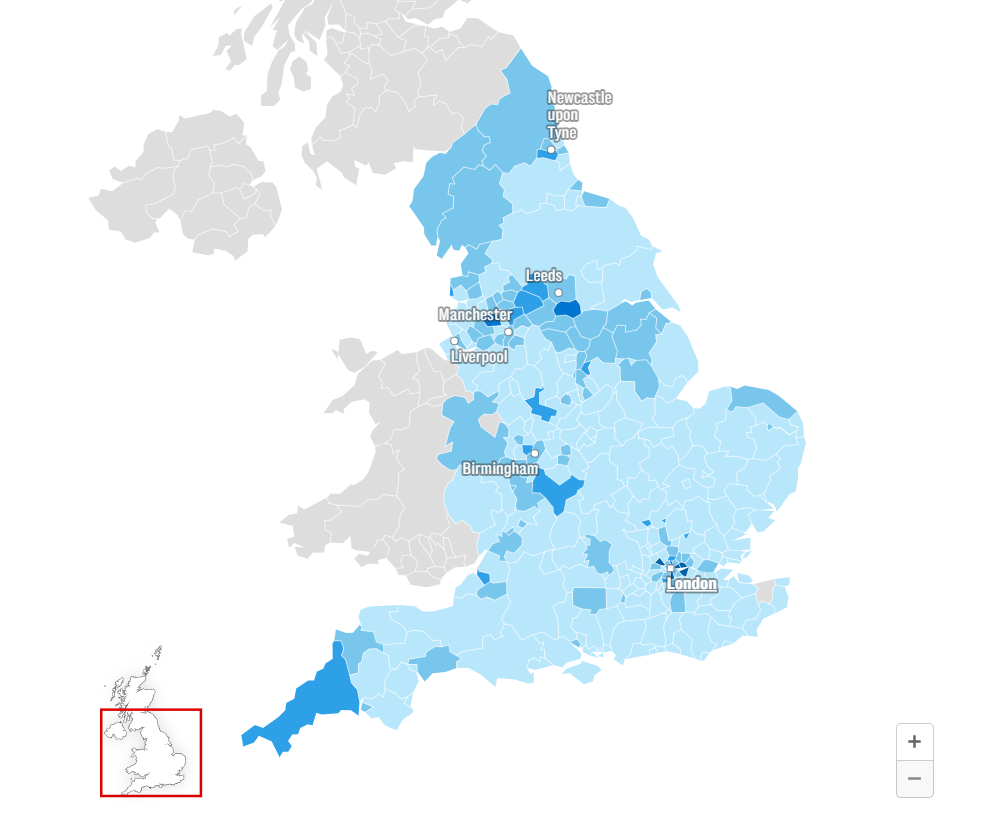Illegal Evictions Can Get You in Trouble for Landlord Harassment
An illegal eviction occurs when a landlord uses…
 December 24, 2024
December 24, 2024
Anna Clare Harper is a property investor, founder, writer and host of a leading property podcast – find out more at annaclareharper.com.
If the ghosts of housing past, present and yet-to-come visited this Christmas Eve, they’d have plenty to moan about.
Over the past decade or so that I’ve been investing, housing policy has become a tale of regulation, taxation and unrealistic targets.
Politicians announce grand goals – “1.5 million new homes in five years!” – which few in the property industry believe are deliverable. Meanwhile, over-regulation and taxation disincentivise investors and leave renters in the lurch. We’re running fast and going nowhere.
So, what are my property predictions for 2025?
More vacant homes: Driven by over-regulation across the property market.
Higher rents: Demand keeps growing and supply is shrinking, which means rents will rise. This will reflect in higher risk for investors.
Loss of smaller landlords: Smaller landlords are quitting the private and public housing markets. Taken to its extreme, we’ll end up with an oligopoly of publicly funded landlords who are “too big to fail”, costing the taxpayer billions each year, overlaid with a layer of privately funded schemes by institutions.
Stability, but not growth: House prices may rise nominally but real-term gains will be limited due to the higher costs of borrowing, labour and materials.
My overarching prediction, though, is that unintended consequences of years of “quick fix” policies will spiral further out of control – and more regulations designed to create headlines, win votes and boost short-term demand will not be the answer.
Take the Renters Rights Bill. On paper, it’s well-intentioned and has been designed to improve tenants’ rights. In practice, it risks leaving more of them out in the cold.
The headline change, the removal of Section 21 “no-fault” evictions, sounds great for renters. However, without proper investment in the courts, landlords fear being left in limbo if tenants stop paying rent, unable to regain possession while still needing to cover mortgage costs.
The unintended consequence? Landlords are pre-emptively evicting tenants while they still can, driving up homelessness, swelling the number of empty homes (currently 1.2 million), and placing even greater strain on already overstretched local authorities. Rising costs of publicly funded temporary accommodation (currently £2.3bn per year) mean more councils risk bankruptcy.
Policies like this ignore a simple reality: if landlords face higher risks, they will either raise rents or sell up entirely.
A reader and professional investor, Ross, explained it like this: “Property is an investment asset, not a hobby. Higher risk requires higher reward.”
Elsewhere, the cladding scandal is continuing to affect huge numbers of flat owners, who are trapped in impossible situations with unsellable flats.
A reader, let’s call her Anne, contacted me to share how her family had inherited 35pc of a shared-ownership flat. The social housing provider increased the rent and refused to adjust it downwards in line with the property’s market worth – it had devalued because of cladding issues. It then threatened to block the sale unless the higher rent payments were made.
This is just one example of how failures from the past haunt “housing yet to come”.
The Building Safety Act, part of the response to the Grenfell tragedy, has increased the cost, complexity and liability of building certain projects. Professional indemnity insurance premiums for many property professionals increased by three times, reflecting the greater liability.
The unintended consequence is fewer new homes.
In short, efforts to improve the quality of housing supply have reduced the volume of homes available.
Nobody disagrees that we should have housing safety standards. But compliance is expensive, and adding more laws and regulations without considering the costs and consequences is madness.
Housing policy is complicated, and the unintended consequences can’t all be blamed on Labour, they stretch back decades. However, Labour is now in the driving seat and we must ask our leaders: are you ready for millions of landlords to sell up?
An international diplomat told me recently that the UK is seen as “stable but sclerotic”. If we really want growth, like in America, then we’ll need to take a new approach to the property market.
Outsized housebuilding targets are not believable, and will only erode trust in policymakers further. Instead, we should adopt a “one in, some out” approach to housing regulation – balancing tenant protections with incentives to provide quality homes.
Smashing the incentives for property investment creates huge social problems including fewer, more expensive homes. This will curtail economic growth, since it’s impossible for people to move near a new job if they can’t find somewhere to live. An “illiquid” housing market runs counter to a growth agenda.
In A Christmas Carol, Scrooge changes his ways just in time to save Christmas. Perhaps 2025 will be the year housing policy gets its redemption moment.
If not, renters, landlords and taxpayers alike can expect another disappointing, coal-filled stocking.